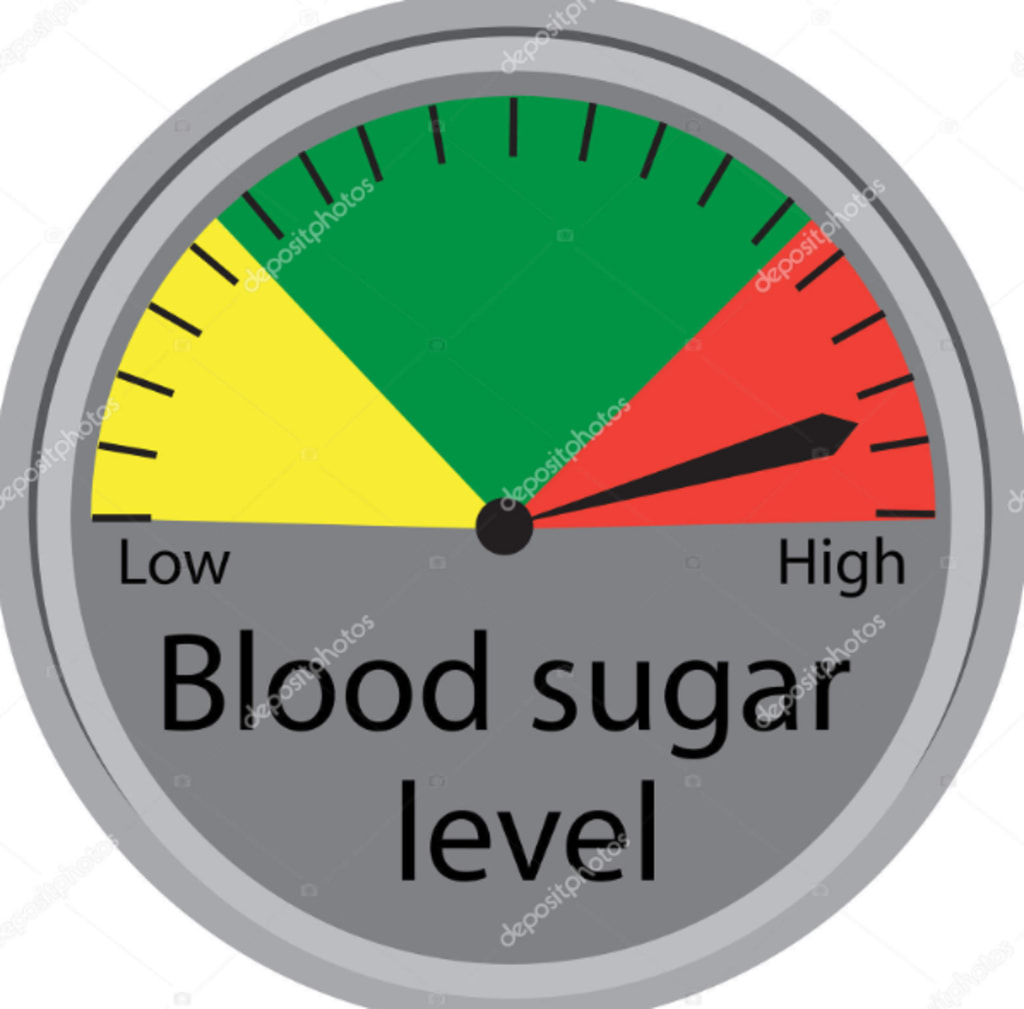Content warning
This story may contain sensitive material or discuss topics that some readers may find distressing. Reader discretion is advised. The views and opinions expressed in this story are those of the author and do not necessarily reflect the official policy or position of Vocal.
Hypoglycemia: When Your Blood Sugar Gets Too Low
How to Flatten Blood Sugar Spikes

### Hypoglycemia: When Your Blood Sugar Gets Too Low
Hypoglycemia, often referred to as low blood sugar, is a condition that occurs when the level of glucose (sugar) in your blood drops below normal levels. For most people, this means having a blood sugar level below 70 milligrams per deciliter (mg/dL). While it primarily affects people with diabetes who take insulin or other medications to manage their blood sugar levels, it can also occur in individuals without diabetes under certain circumstances.
#### Causes of Hypoglycemia
1. **Diabetes Medications**: Individuals with diabetes who use insulin or certain oral medications can experience hypoglycemia if the medications lower blood sugar levels too much, especially if not balanced with food intake or exercise.
2. **Skipping Meals or Eating Too Little**: Not consuming enough food, delaying meals, or eating meals that are too low in carbohydrates can lead to a drop in blood sugar levels.
3. **Increased Physical Activity**: Exercise can lower blood sugar levels, particularly if insulin levels are not adjusted appropriately beforehand.
4. **Alcohol Consumption**: Drinking alcohol, especially on an empty stomach, can interfere with the liver's ability to release stored glucose into the bloodstream, leading to hypoglycemia.
5. **Certain Health Conditions**: Hypoglycemia can sometimes occur in individuals with certain health conditions, such as liver disease, adrenal gland insufficiency, or kidney disorders.
#### Symptoms of Hypoglycemia
Recognizing the signs and symptoms of hypoglycemia is crucial for prompt treatment and prevention of complications. Symptoms can vary depending on how low the blood sugar drops and may include:
- **Sweating**
- **Trembling or shakiness**
- **Hunger**
- **Confusion or difficulty concentrating**
- **Irritability or mood changes**
- **Fast heartbeat**
- **Pale skin**
- **Blurred vision**
- **Severe cases may lead to seizures or loss of consciousness**
#### Managing and Treating Hypoglycemia
Immediate action is necessary to raise blood sugar levels if hypoglycemia is suspected, especially if symptoms are severe or the individual is unable to treat themselves. Here are some steps to manage hypoglycemia:
1. **Consume Fast-Acting Carbohydrates**: Foods or drinks containing sugar, such as glucose tablets, fruit juice, or regular soda, can quickly raise blood sugar levels.
2. **Eat a Balanced Meal or Snack**: After treating an episode of hypoglycemia, it's essential to follow up with a balanced meal or snack containing protein and carbohydrates to stabilize blood sugar levels.
3. **Monitor Blood Sugar Levels**: Regular monitoring of blood sugar levels, especially before and after meals and physical activity, can help prevent hypoglycemia episodes.
4. **Adjust Diabetes Medications**: For individuals with diabetes, working closely with healthcare providers to adjust insulin or medication doses based on diet, exercise, and blood sugar levels can help prevent hypoglycemia.
#### Prevention
Taking proactive steps to prevent hypoglycemia is key, especially for individuals with diabetes. This includes:
- **Eating regular meals and snacks**: Avoid skipping meals or going too long without eating.
- **Balancing diet and medication**: Ensuring that meals contain a balance of carbohydrates, proteins, and fats, and adjusting medication doses as needed.
- **Monitoring blood sugar levels**: Regular monitoring helps identify patterns and prevent drastic drops in blood sugar.
#### When to Seek Medical Attention
Severe hypoglycemia requires immediate medical attention, especially if the individual is unable to treat themselves or loses consciousness. Emergency assistance should be sought if symptoms do not improve after initial treatment or if the person becomes unresponsive.
In conclusion, while hypoglycemia can be concerning, especially for individuals with diabetes, understanding its causes, symptoms, and appropriate management strategies can help mitigate its effects and ensure optimal health and well-being. Awareness, education, and proactive management are crucial in managing hypoglycemia effectively and preventing complications.GlucoBerry Reviews
About the Creator
peter
Content about cars, motorbikes, technology, news
Enjoyed the story? Support the Creator.
Subscribe for free to receive all their stories in your feed. You could also pledge your support or give them a one-off tip, letting them know you appreciate their work.






Comments
There are no comments for this story
Be the first to respond and start the conversation.